US military launches space unit in South Korea amid escalating regional tensions
The US military has formally launched its second regional Space Force command on foreign soil in South Korea, as Seoul and Washington strengthen security coordination against North Korea.
The US Space Force on Wednesday activated its overseas component field command in South Korea at a ceremony at Osan Air Base, 65 kilometers (40 miles) south of Seoul.
The US Space Force is a subordinate unit to the newly established US Space Forces Indo-Pacific in Hawaii and Florida as well as a sub-unified command of the US Forces Korea (USFK).
“One of the many mission areas the new component will focus on is missile warning operations, which provides in-theater near-real-time detection and warning of ballistic missile launches,” the USFK said in a statement released on the occasion of its activation ceremony.
“Just 48 miles north of us exists an existential threat; a threat that we must be prepared to deter, defend against, and — if required — defeat,” said Lt. Col. Joshua McCullion, chief of the new space unit.
US Forces Korea commander, General Paul LaCamera, said the Space Force is a key addition to the US military’s existing capabilities on land and sea and in the air. The Space Force “has helped ensure the United States is posited to deter aggression and outpace potential adversaries in the face of changing threats in the space environment and growing threats elsewhere,” LaCamera added.
The US Space Force, the newest branch of the US military in more than 70 years, was launched three years ago under former President Donald Trump as a way to protect American assets in space, including hundreds of satellites used for communication and surveillance.
South Korea’s Air Force also established an integrated unit for space operations at the air base earlier this month, raising expectations for stronger space security cooperation with the US military.
US officials have expressed concern about rising security activity in space by major rivals, including China’s development of hypersonic weapons, Russia’s test of anti-satellite technology last year, and North Korea’s numerous ballistic missile tests.
Around 28,500 US troops are stationed in South Korea under a mutual defense treaty forged after the 1950-1953 Korean War.
On November 18, North Korea conducted an Intercontinental Ballistic Missile (ICBM) test that the US claimed was counterproductive to Washington’s efforts to reduce tensions.
Meanwhile, amid heightened tensions in the region, Washington and Seoul have markedly stepped up their joint military exercises near the North’s maritime border and airspace. North Korea considers the US military drills with South Korea to be exercises for invasion.
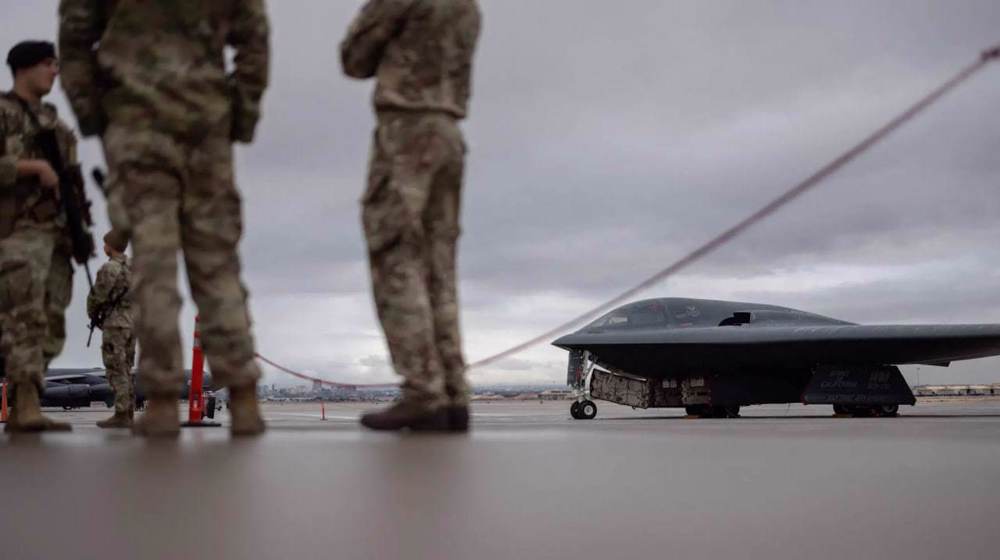
US war on Yemen risks draining arms Pentagon would need to deter China: Report
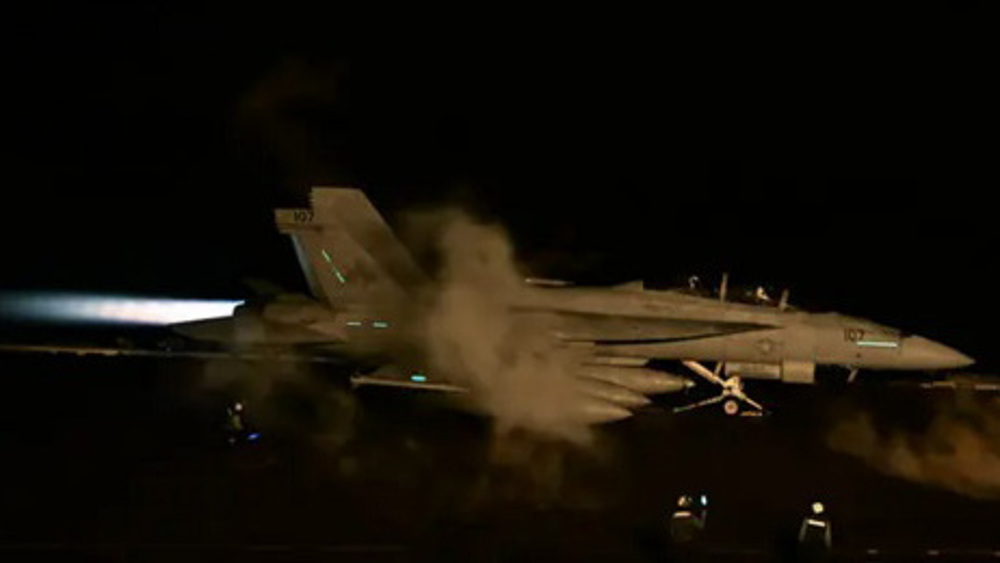
US war machine takes Yemen under 22 new attacks; 16 killed, injured in al-Hudaydah
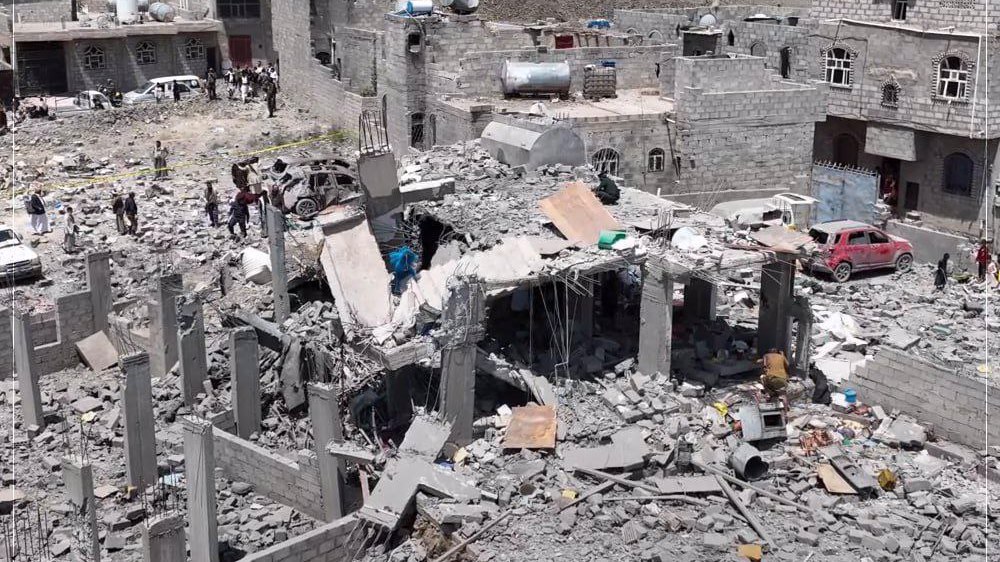
American warplanes strike Yemen around 30 times in less than a day
Trump decimates US healthcare
MP: Hezbollah weapons ‘internal matter’ amid US pressure to disarm
Iraq's Kata'ib Hezbollah: Disarmament reports 'lies and fabrications'
Panama rejects Pentagon chief's idea of US bases on its soil
Three civilians killed in Sana'a as US intensifies airstrikes on Yemen
Iranian, Egyptian FMs urge swift end to Israeli crimes in Gaza
VIDEO | Press TV interviews Iran deputy FM on nuclear program, sanctions relief
Press TV's news headlines


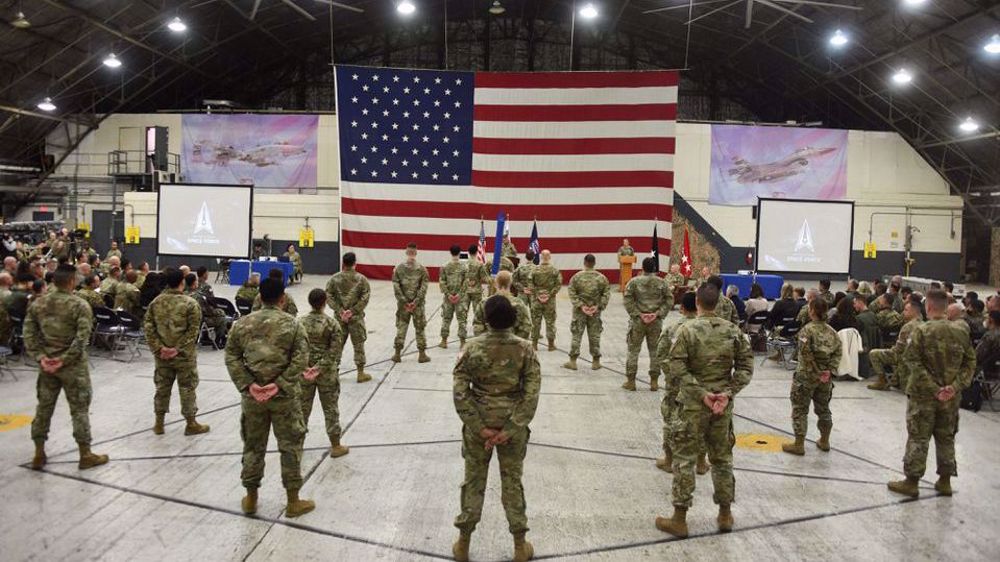
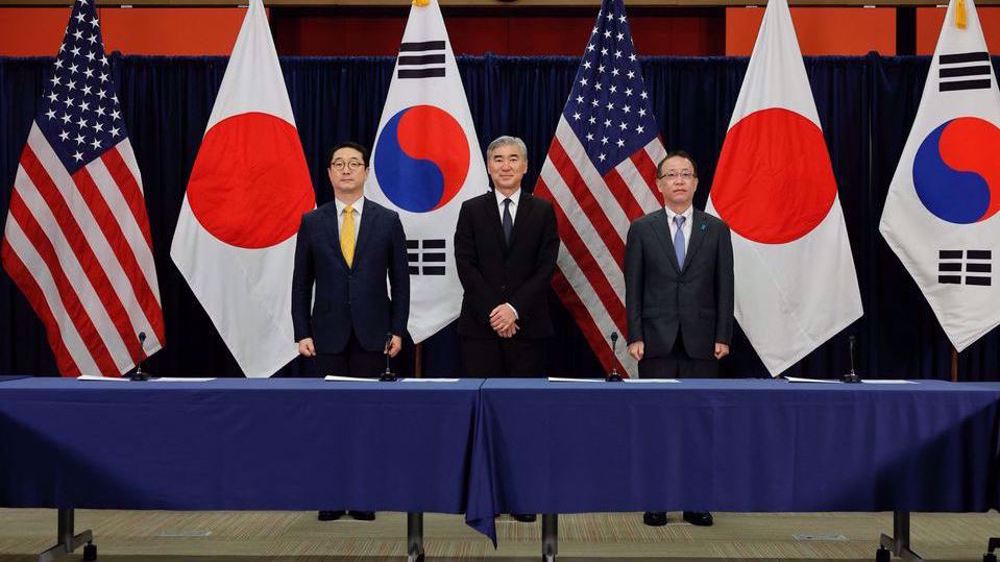
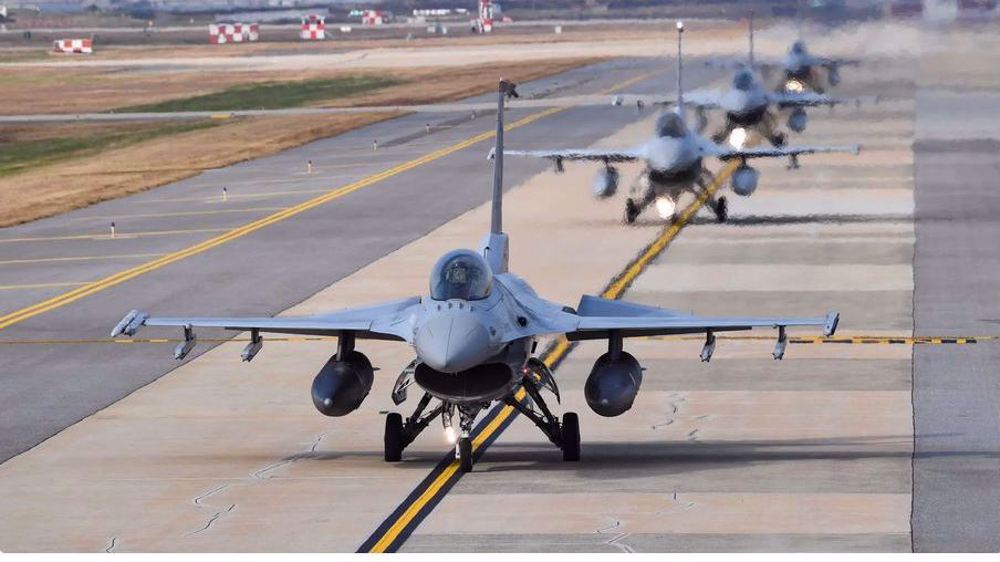



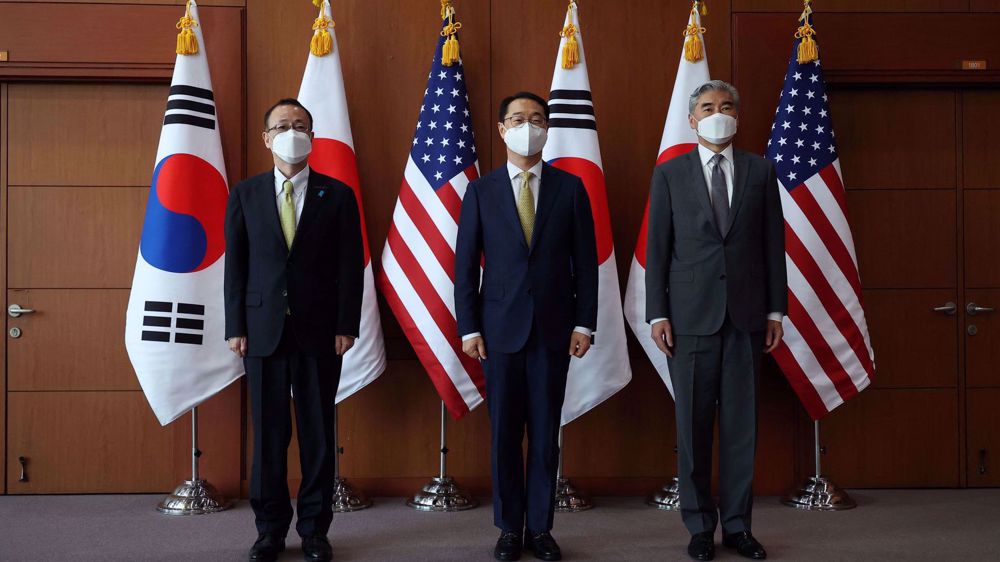
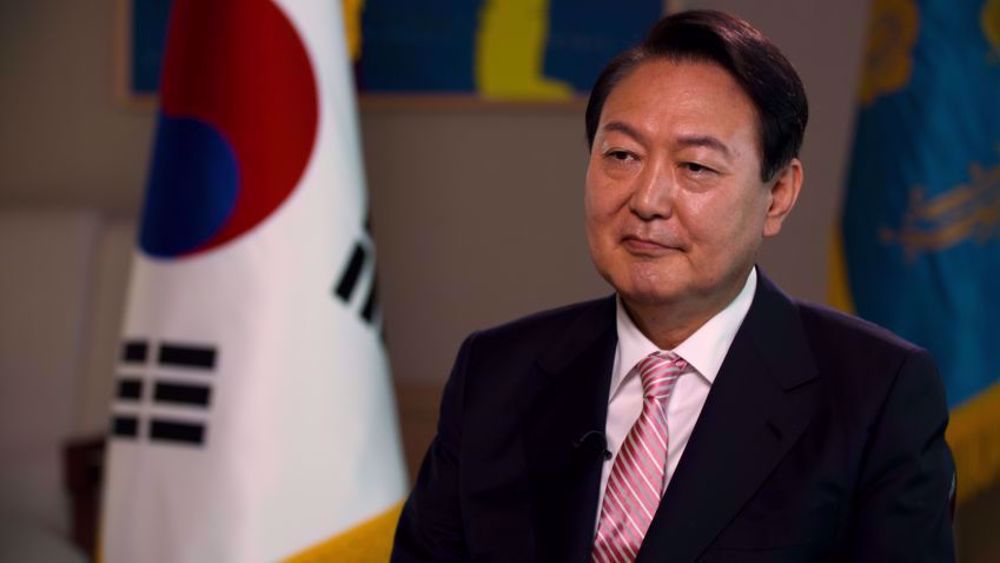
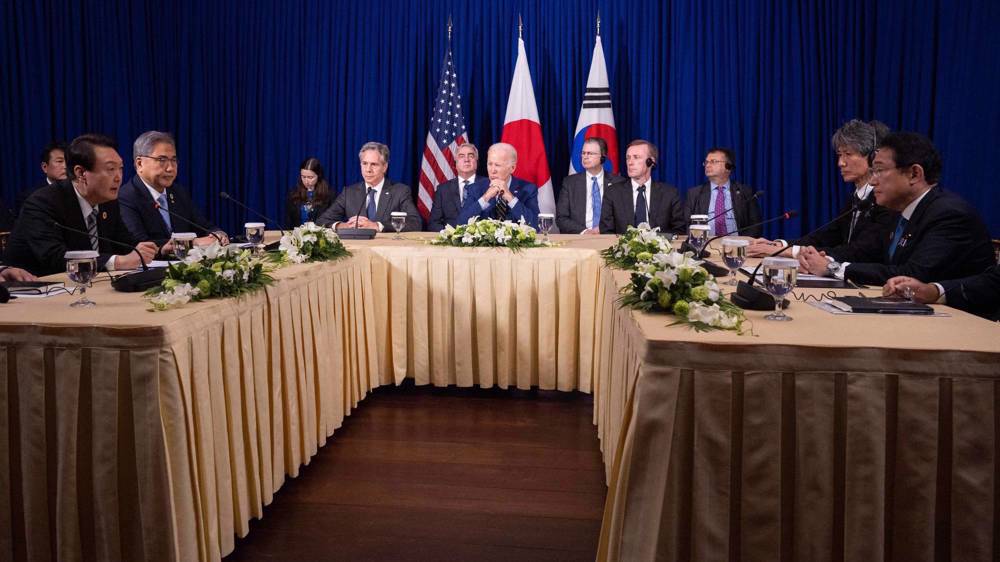
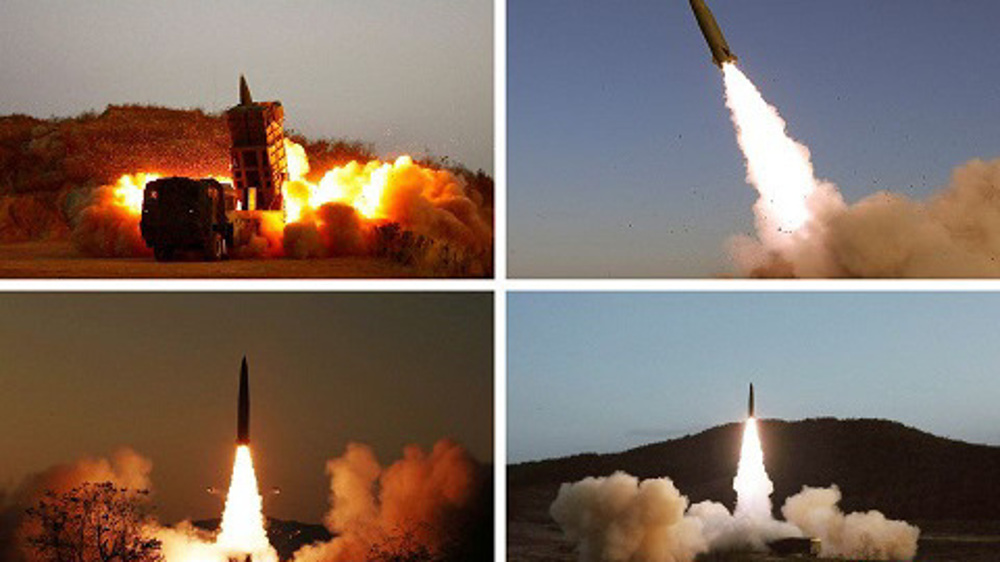
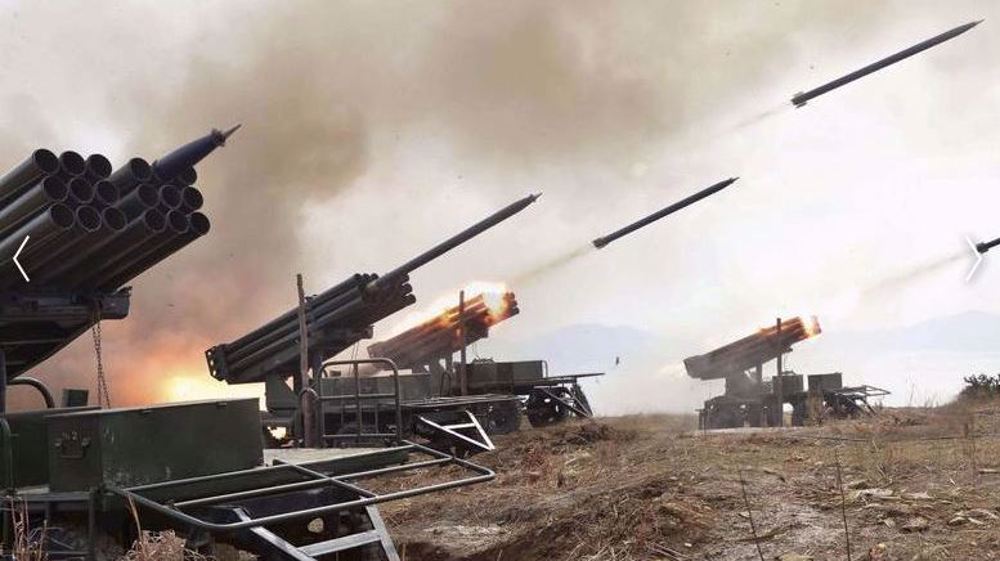
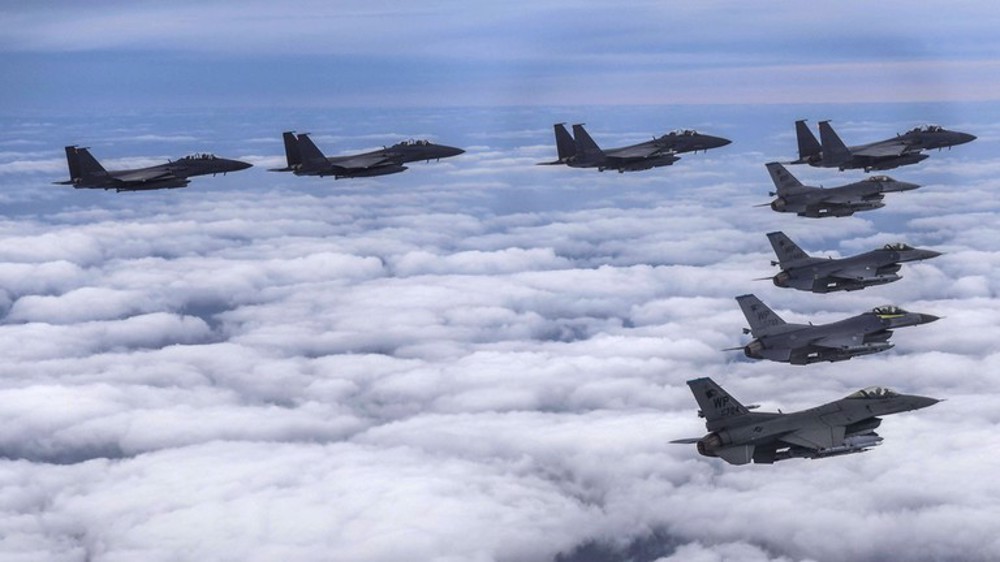
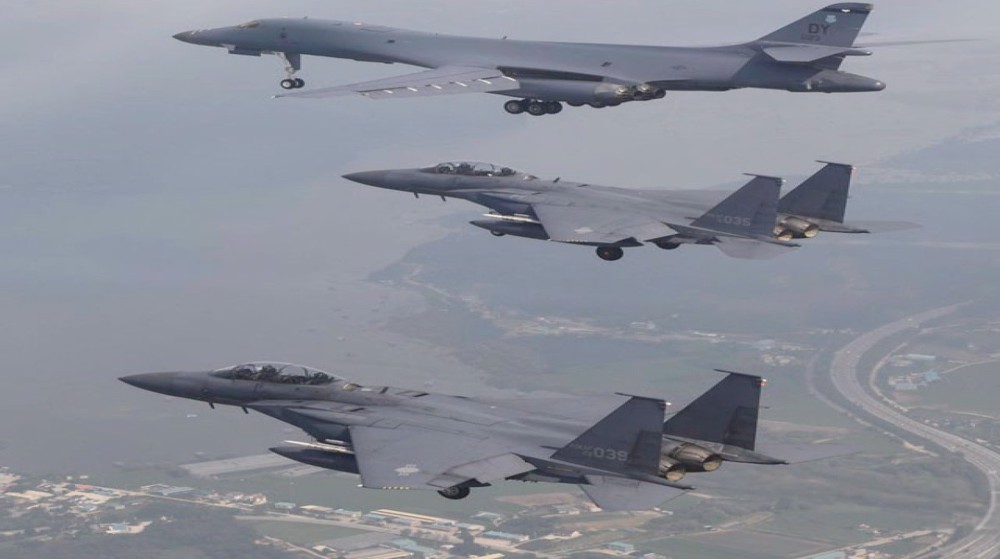

 This makes it easy to access the Press TV website
This makes it easy to access the Press TV website